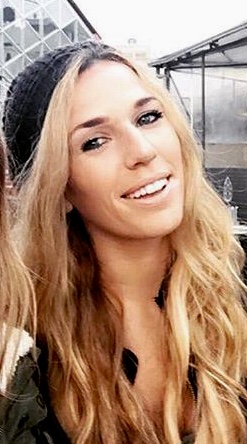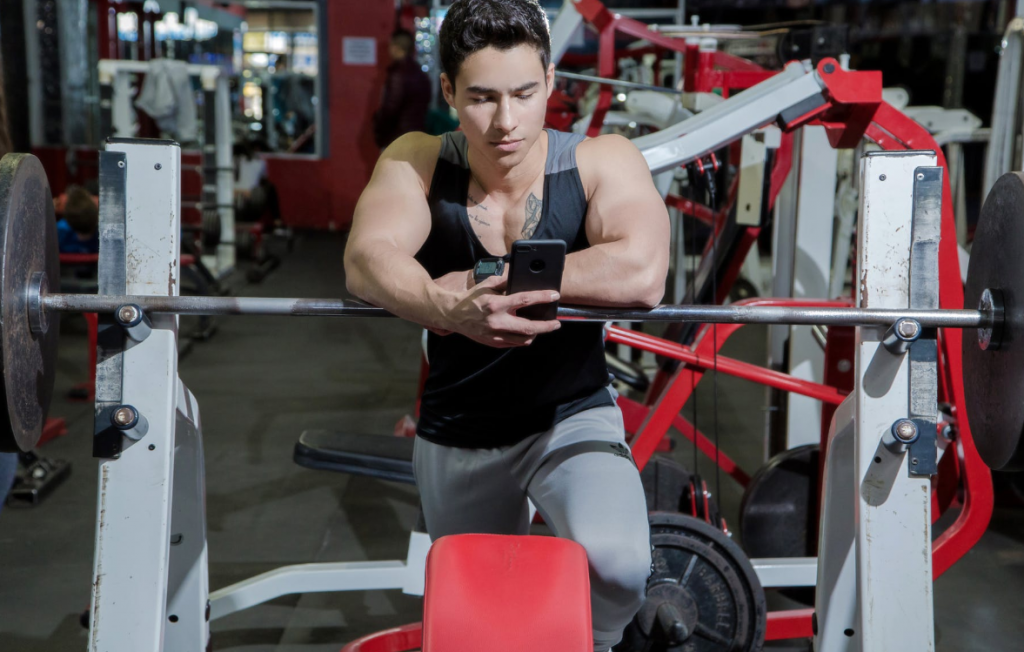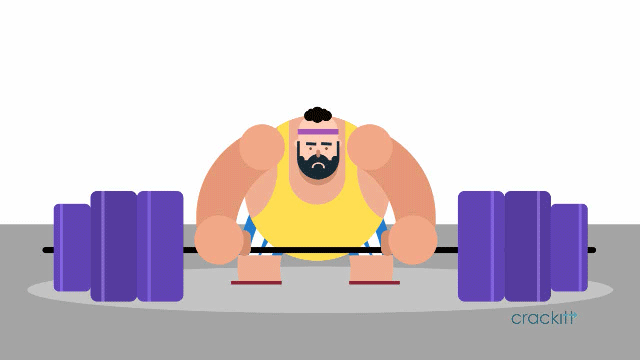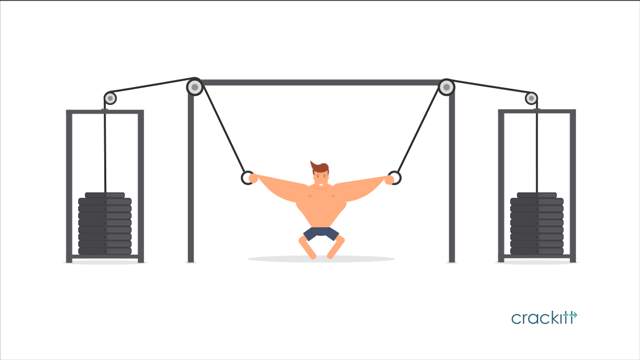How Visual Content Marketing Could Change the Game for Fitness Clubs
Visual marketing methods paired with digital platforms have become indispensable in the world of modern advertising.
As the internet and social media are now inescapable parts of our everyday lives, businesses have wisely capitalized off of opportunities to engage with their target audiences through video content, and furthermore have had great results.
Statistics spanning all social media channels reflect that users are far more likely to engage with messages or advertisements that have visuals as opposed to strictly text. One particular industry that has largely transitioned from traditional marketing means to visual based content is fitness and wellness.
The fitness and wellness industry has distinguished itself as one of the most active and dynamic markets over the last several years. This industry, by definition, includes various subcategories that have unilaterally experienced growth both in popularity and profit margins. Everything from health supplements, to wearable fitness technology, to activewear style clothing, have significantly expanded their products, services, and reputations as formidable brands. A common factor of all of these fitness-related spheres is that for the most part, they all rely on visual and video marketing as primary advertising campaigns.
However, one area of this market that has yet to commonly utilize the potential of visual and video advertising is the fitness facility domain.
Especially over the last decade, fitness clubs have immensely expanded in terms of raw numbers, specialties, and consumer options, therefore making the landscape of the market highly competitive. In order to stand out in this saturated field, fitness facilities should utilize visual means to:
- Effectively advertise to new prospective clients
- Cultivate a unique brand
- Promote a general lifestyle associated with the fitness club
- Engage existing customers
Effective Uses of Visual Marketing in the Fitness Sphere
Since health and wellness as a business enterprise began to pick up momentum in the last decade or so, one of its most powerful tools has been visual marketing. The logic is obvious: fitness and health objectives resonate with those who want to attain certain physiques or overall lifestyles. Visual marketing is especially effective in its innate ability to create a tangible image associated with a brand or logo, which will convey a particular identity to the audience.
Therefore, powerful visual campaigns have been able to solidify brand images of powerhouse companies like Nike, Adidas, and Puma while simultaneously promoting an affiliated “fit” lifestyle.
Their visual marketing strategies have flirted with many different values, current events, and ethos while also perfecting the age-old strategy of staying relevant, and therefore memorable. One of the most recent examples of this was Nike’s bold decision to use a controversial American football player and human rights activist Colin Kaepernick as the face of their new campaign:
The visual symbol of Kaepernick propelled this advertisement to in both meaning and public attention that the text could have never achieved on its own.
In terms of video advertising, these top companies are universally known for producing content that resonates deeply with audiences. Even years later, many of their video campaigns are still recognizable or breed nostalgia, like:
Visual Marketing in Smaller Fitness Businesses
Apart from the giants of the fitness industry, similar lower tier companies have employed similar visual marketing techniques across digital channels to bolster their businesses and exposure. This tactic is incredibly popular for nutrition companies like Weight Watchers, Quest Nutrition, and Blue Apron Delivery that routinely utilize social media platforms and pay-per-click (PPC) advertisements to disseminate eye-catching videos of recipes, new products launches, and satisfied customers.
Many supplement and nutrition brands have gone as far as making their own how-to recipe videos featuring their products on youtube or social media networks
Another astonishing example of the impact of visual marketing within the fitness industry can have through social networking outlets is the UK based apparel company Gymshark.
Through its multifaceted visual marketing strategy, Gymshark has grown by over 200% in the last year, establishing itself as the dominant fitness brand that exclusively uses e-commerce retail.
Its visual content consistently features famous male and female influencers within the fitness realm, who have collectively made Gymshark synonymous with lifestyle as much as it is associated with apparel.
Ultimately, fitness brands both big and small are using visual storytelling to reach consumers.
However, at the crux of this are the end-consumers and their relationship to fitness, which usually begins at the fitness facility level.
How Visual Marketing will Spark Customer Acquisition in Fitness Clubs
Since fitness clubs have already begun to transition to digital advertising over social media and various online platforms, they should begin to implement more fitness designer videos to appeal to their target demographics. In order for any type of advertising to be effective, it needs to be attractive enough to catch the viewer’s attention.
Especially to stand out among shares, photos, and statuses on a potential client’s news feed, these advertisements need to visually differentiate themselves.
After creating visual content that perfectly showcases your fitness club, strategically deploying it is equally important. Social media networks, like Facebook, Instagram, and Twitter use incredibly intricate algorithms based off consumer trends and patterns when using PPC advertising. This makes the financial investment worth it in that it guarantees that the advertisement is reaching individuals as close to your target demographic as possible.
Customer acquisition with visual marketing strategies can vary greatly depending on what image of your fitness club you want to present and what type of clientele you are trying to attract.
One of the most highly underserved aspects of marketing fitness clubs is videos and images of the facilities themselves, which is one of the most crucial considerations when deciding to join a gym.
Using fitness designer videos to highlight gym equipment, training spaces, and classes etc. will get clients to the door sooner.
PPC visual advertising also can be tailored to reach the exact audience you want. Fitness facilities unfortunately are hindered by their local geography: the average consumer will not considering joining a gym that is inconvenient or distant to get to.
Therefore, PPC advertising should be localized within the confined geographical parameters. Since video content is 1200x more likely to be shared than strictly text on social media, syndication of these videos allows their messages to reach far more than their original projected audience even despite its specified outreach.
Using Fitness Video Media for Client Retention and Satisfaction
Visual marketing on social media platforms that stresses more personalized and lifestyle content can completely transform the reputation of a fitness club. In order to remain competitive today, fitness clubs have already begun implementing new technology suited to provide the best experience for its members possible, like mobile applications, elite club management software, and loyalty programs.
Another impactful and low maintenance way to engage clients is by keeping social media channels current as well as providing content that reaches outside the scope of general fitness club updates or promotions. To further engage your clients and to portray your gym as more of a community, your social media can include:
- Motivational quotes and videos
- Seasonal healthy recipes
- Workout videos or tips
- Fitness opportunities outside of the facility or in the local community
- Humor-based fitness memes & GIFs specific to your gym
To further client engagement and ultimately retention, fitness clubs can also use these platforms to:
- Feature client success stories
- Promote in-club fitness challenges that encourage participants to share updates
- Provide a platform to share progress and results to keep focus and motivation high
- Promote inclusive gym events to reap the highest turnout
Apart from customer acquisition, designer videos and visual content can similarly be used to bolster client experience. For instance, if it suits their particular brand, fitness clubs can create customized videos as additional motivation to stream at their clubs throughout the day.
Case Study: Orangetheory Fitness Club
As an avid gym attendee and Instagram user myself, I have been personally targeted by Orangetheory’s unavoidable PPC visual content campaigns. However, I can also openly admit that their advertising tactics are completely viable as I have fallen into their trap and signed up for a free class trial.
One of the few fitness studios that have effectively utilized visual content advertising is Orangetheory, which offers specialized interval classes where members use heart rate monitors to gauge personal output.
This boutique fitness club has demonstrated exponential growth and commercial success, establishing over 1200 facilities in 23 different countries in under six years, and is still rapidly expanding.
Since Orangetheory debuted just before the massive jump in boutique fitness clubs took place, their marketing campaigns heavily relied on branding: emphasizing personalized experiences in unique fitness classes that a consumer could never experience in a full-scale traditional gym.
Their main avenue in solidifying this brand image came from targeted social media campaigns using videos that captured their unique energy, which they still heavily rely on today.
These advertisements feature intense and motivating group work out shots in a high energy atmosphere accompanied by such intense pump up music that would make anyone want to leave work early to hit the gym. The visual message paired with its targeted outreach can easily be credited for Orangetheory’s dramatic expansion since its opening.
Conclusion
Like most classic crafts in 2018, storytelling in a world with rapidly declining attention spans has evolved. The most impactful storytelling in terms of marketing has easily transitioned to the dynamic capabilities of visual expression.
Comprehensive, impactful, image-based advertising has already evidenced its own success within the fitness industry, but should now be tailored to the specific needs of fitness facilities as they undergo similar patterns of modernizing.

Subscribe to Crackitt's Visual Marketing Workshop
Get exclusive visual marketing lessons and business growth hacks right inside your inbox.





















